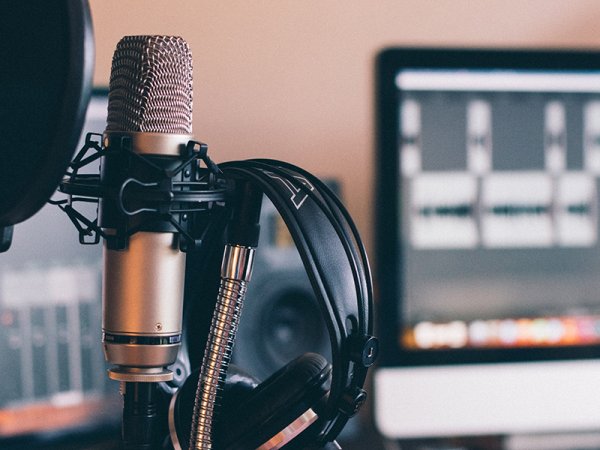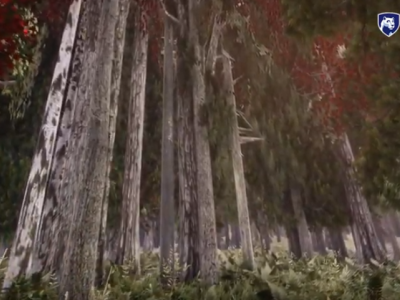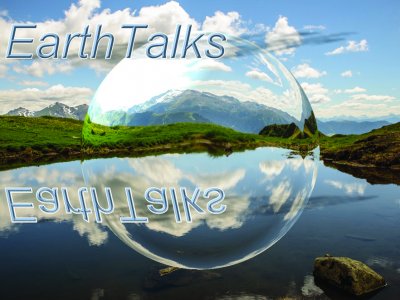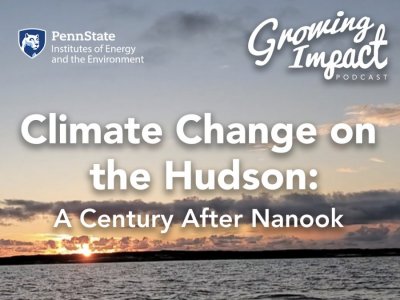Jessica Myrick, the Donald P. Bellisario Professor of Health Communication, is an IEE cofunded faculty member who works in the areas of communication, health, and the environment. She talked to us about science communication, the impacts of media on audiences, and the parallels she sees between health communication today and climate communication over the past decades.
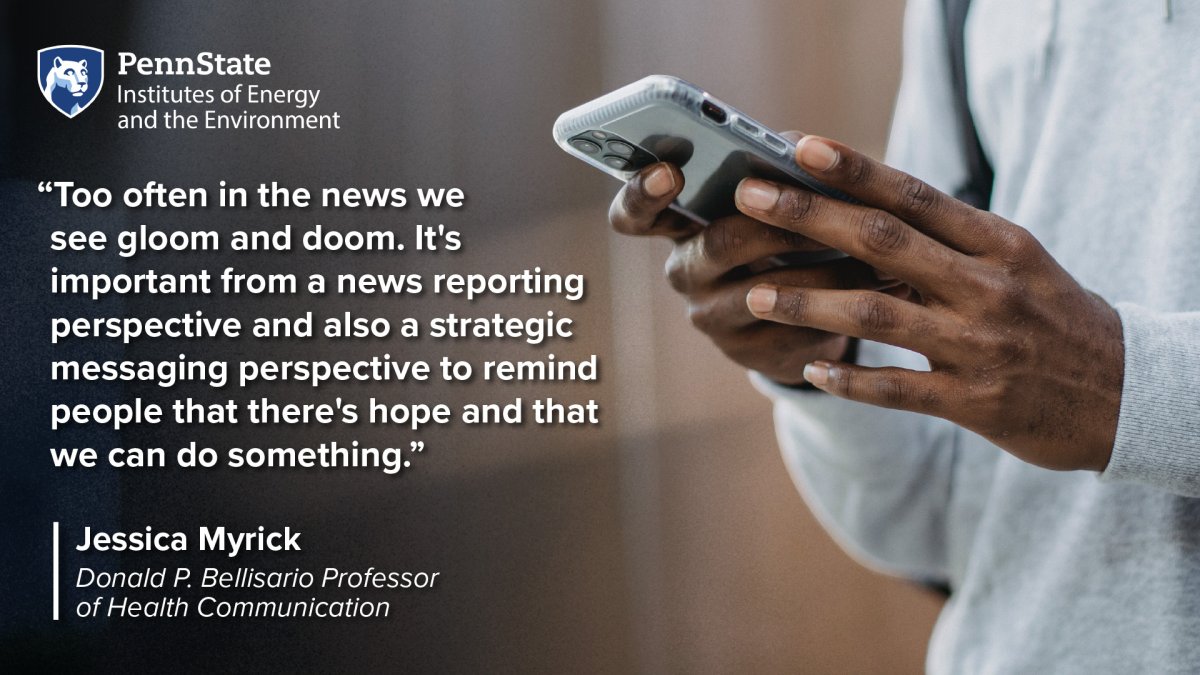
Why is it important to understand the science of communication?
I often say that when it comes to communication and media, we are fish in water. We consume so much media that we don't often stop to think about the nuances of it. We are not usually aware of how the type of message, its source, and our own backgrounds all interact to shape how we think and feel about the information we're getting.
The science of looking at how we talk about science is important because the ways that the public and policymakers understand and talk about science can set the stage for our quality of life. It can also address big problems like climate change or shifts in energy usage.
What inspires your research?
For me, it often relates back to health and thinking about how climate change is associated. An important part of communicating about the environment and health is making sure to talk about the solutions and what people are capable of. Too often in the news, we see gloom and doom. It's important from a news reporting perspective and also a strategic messaging perspective to remind people that there's hope and that we can do something.
What are your thoughts about experts sharing information with the public?
Mass communication is a science. COVID-19 is a good example of why science communication is important. Just because someone knows the science well doesn't mean they understand the most effective ways to communicate it, especially during a stressful time. People process information differently when they're anxious. During the pandemic, we had policymakers and medical doctors sharing information about MRNA vaccines, communicating it to the public in a way that was ripe for sparking conspiracy theories and a lot of misinformation.
It's important how a message is initially framed and pitched to the public because that can set a base level of trust or distrust or confusion that is hard to overcome.
How can people consume media responsibly to reduce stress and depression?
There's some research on something called digital pruning. It's going back through your sources of information and identifying which ones are useful or not so useful.
For example, maybe you follow a news account from a different ideological point of view. You follow it to see what the other side is thinking, but it stresses you out. Put that news account in a separate app where you only look at it when you are prepared to look at it. That way, it doesn't just pop up randomly in your feed.
Being purposeful in how we consume information can look like identifying apps that we use for different types of information or setting up multiple accounts that you log into one when you're trying to just find out about a specific topic. Thinking through when and how we consume information can help us be good citizens by still getting important information that may be hard to hear.
What area of science communication have you been focusing on? Why?
When COVID-19 hit, and it became a global pandemic, it was very clear that there was an urgent need for communication science to study the situation as it unfolded. A lot of my work has been around COVID-19.
The challenge of getting people to mask and get vaccinated during COVID has interesting correlates with problems that we've already been looking at for decades around climate change communication. And there's a portion of the population that still thinks climate change is not an issue or it's overblown or we can't trust the science around it. So, it has a lot of parallels to work that communication scientists in the environmental realm have been doing for a long time.
What is effective when it comes to communicating about difficult topics, like climate change or COVID?
Some of the most effective climate change interventions focusing on messaging have been to ask people to talk to their friends about climate change. When we talk about problems, it shifts social norms. It motivates people to pay attention. Even if they don't go protest in Washington, DC, they're paying attention more. Then politicians pay attention to that.
I'm interested in and trying to find ways to bring up those difficult topics without people tuning out. It's about raising awareness about depressing issues and keeping people engaged.
Communicators need to be creative to get people interested or curious about a subject, such as rearranging the order of a news story to make it more like a mystery and adding engaging visuals. We have to be aware of the emotional consequences and the fact that we're leading a lot of people to just ignore the news entirely.
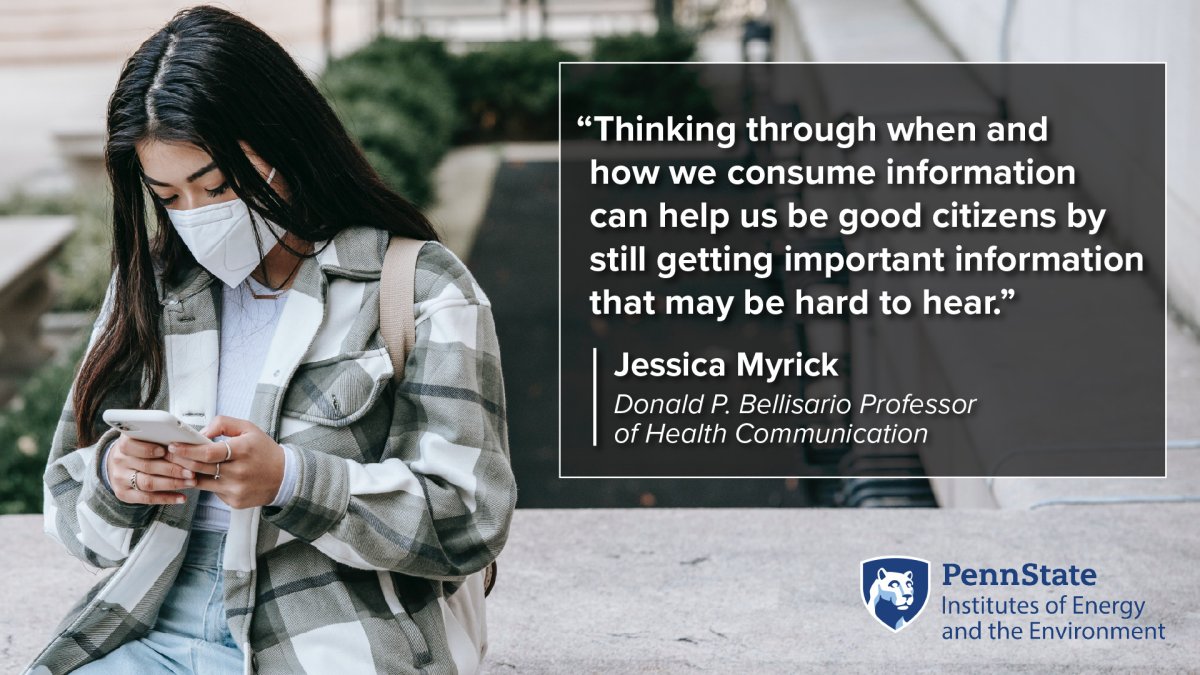
How is social media impacting communication?
Social media has changed the speed with which information, factual or not, can spread about any topic. Around health and the environment, we see a lot of conspiracies easily spread and then repeated. Communication research shows that one of the most effective ways to persuade people is to repeat something over and over again. Then it's hard to forget the information. However, we often forget the source. In studies spanning many decades, they have found what we call the “sleeper effect.” That is when you'll remember a tidbit of information, but you won't remember the source. And social media makes that problem prevalent because when we scroll through something, we don't remember that it was just a random person who said something and not an expert.
The source effects, or how a person's attributes, such as credibility or attractiveness, can influence a target audience's acceptance of the person's message, are blurred on social media. That allows misinformation to spread more rapidly. That's made it more imperative to have strategies to talk about health, science, and the environment.
What are some of the groups or individuals that could benefit from this?
I think it's important for communications scientists to be evangelists about what we do. We need to let people know that there is a science of communication and media psychology, and that can help people who are creating messages about science, health, and the environment to be more effective.

